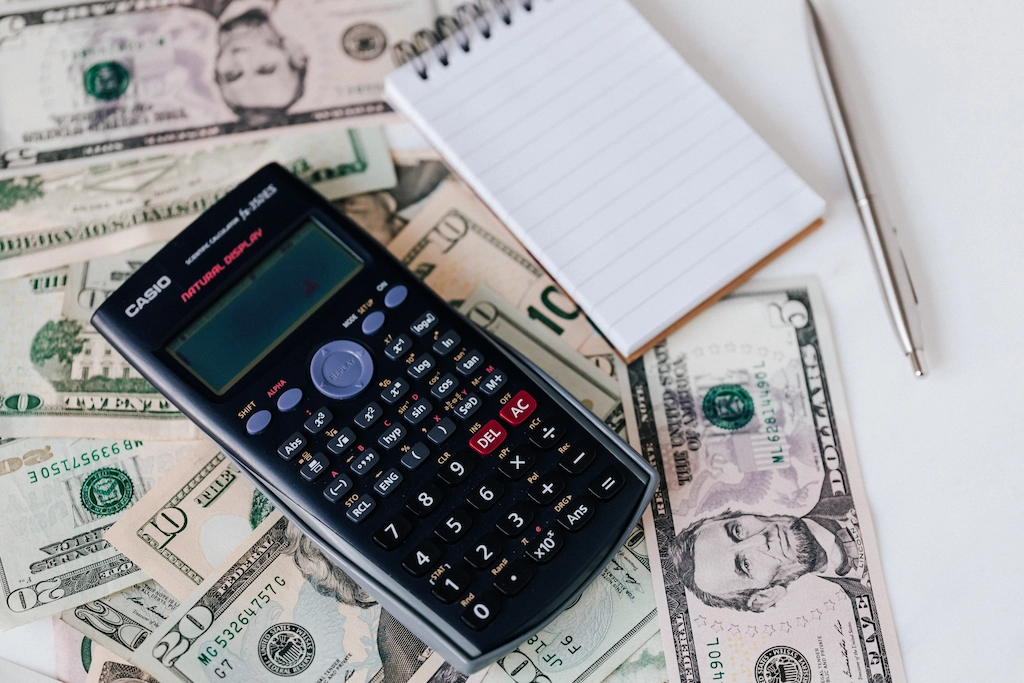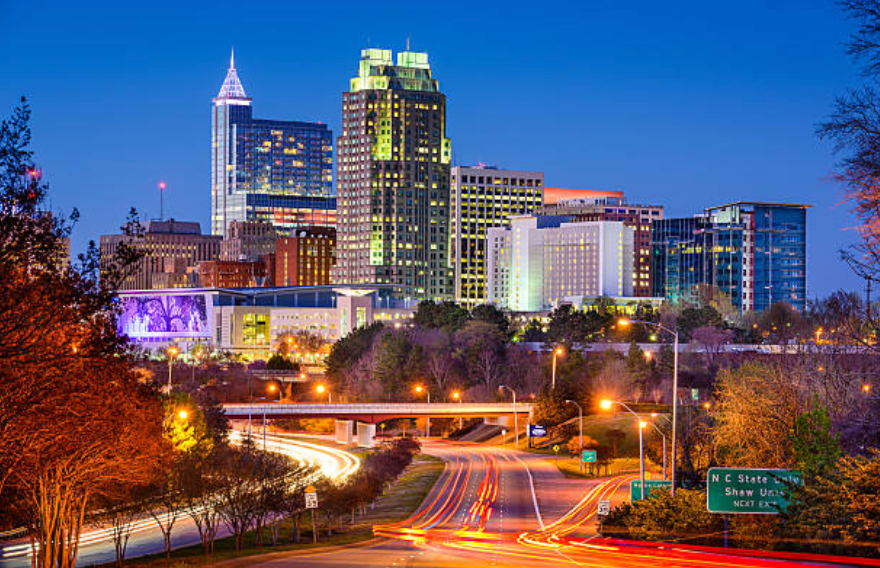The Mortgage Lending Process in Raleigh: What You Need to Know Navigating the mortgage lending…
What is a Mortgage Rate Lock?
A mortgage rate lock is a way of booking or protecting your loan interest rate against fluctuations for a given period, usually 10 to 60 days. In other words, you strike a deal with your mortgage lender to process your loan at a fixed interest rate even if the interest rates go up. Most lenders who offer a mortgage rate lock charge a rate lock fee.
For example, you can lock a mortgage rate at 4.1%, but the real estate market shifts after a week, and the rate rises to 4.6%. Since you have reached an agreement with the lender, your loan will attract a 4.1% interest, not 4.6%. Most lenders will charge a fee ranging from 0.25% to 0.50% of the loan amount to lock a mortgage rate. If you need to extend the lock period, you may incur another 0.06% to 0.375% of the loan amount.
How Do You Lock in a Mortgage Rate?
Before we look at how to lock in the mortgage rate, let’s first explore the three scenarios that are likely to happen after you have agreed to lock in a mortgage rate with your lender. Typically, the interest rates may:
- Go up – meaning the market rate is higher than your locked rate. This will work to your advantage as your loan will be charged at the locked interest rate.
- Go down – here; your locked mortgage rate is higher than the market rate. This puts you at a disadvantage as you’ll be stuck paying a higher interest rate on your mortgage.
- The rates remain constant – if the interest rates remain unchanged, you will have lost the rate lock fees, which vary depending on the lender and loan amount. This might feel frustrating, but it’s way better than failing to secure your position and rising rates.
So, how do you lock in a mortgage? A rule of thumb is to find the lowest mortgage rate and stick with it. Any slight difference in the percentage points could mean paying tens of thousands of dollars more or less in the long run. Here are the steps to locking in your mortgage rate.

Be Right on Time
Know when to expect a rate lock in the home-buying process. The lock protects you from price fluctuations between agreeing to the loan’s terms and when the lender is ready to close. When purchasing a home, it’s best to lock in a mortgage rate after signing a purchase agreement. If refinancing your home, lock the rate when submitting your loan documentation for approval.
Consider the Rate Lock Costs
Most lenders will charge a fee to lock a mortgage rate, which could be payable at closing or included in the interest rate. Where possible, choose a lender offering the lowest fee, typically below 0.5% of the total loan amount. The same goes for rate lock extension fees. However, this shouldn’t be the basis for selecting the best lender as several other factors come into play.
Reach an Agreement
When the time comes, your lender will likely ask if you’d like to lock your mortgage rate. Those who do will explain the various terms of the agreement, including what to expect. Even if your lender fails to bring up this topic, you want to inquire more about the rate lock fees, lock period, and whether there’s an option to extend. Knowing this in advance will help you plan for rate fluctuations and adjust your risks appropriately.
Understand the Risks
It’s easy to jump on the bandwagon without considering all the possibilities. A mortgage rate lock could be designed to cushion home buyers from market fluctuations. But note that lenders are also keen to avoid such losses. Always consider the advantages and the risks before making up your mind.

Should You Take On a Mortgage Rate Lock?
Now that you know how to lock in the mortgage rate, let’s see if this is something worth considering. We’ve highlighted the advantages and risks of a mortgage rate lock below.
Advantages of a Mortgage Rate Lock
Buyers love locking their mortgage rates, and there are specific reasons why this is the case. Here’s why you may want to consider this as well.
- It allows you to focus on closing the loan. When you are certain of the interest rate, you are certain of the total loan cost. You’ll operate with more certainty, giving you an easier time as you raise the money needed to close.
- It gives you some peace of mind. Knowing that your rate is locked and you aren’t at risk of paying more allows you to relax and proceed at your own pace. This translates to less panicking or making wrong financial decisions.
- You have the option to extend the lock rate. If you lock the mortgage rate but face delays getting your loan processed, you can extend the lock period even further. Suppose the market is volatile, and the rates keep rising; delayed funding could mean paying thousands of dollars more in interest. This is not only expensive but also quite stressful.
Risks of a Mortgage Rate Lock
Mortgage rate locks will work in your favor until the rates drop. Here, you will be stuck with a higher interest rate, meaning you will pay more than the average borrower who didn’t lock their mortgage rate.
Similarly, locking your mortgage rate too early may cost you more if you must extend the lock period to benefit from the lower rates. That said, not all lenders will guarantee the rate extension. If the lender fails to approve the rate lock extension, you will be subject to the current, perhaps higher, market rates.
Go For It Today
For most home buyers and those refinancing their homes, the security, convenience, and peace of mind that comes with locking a mortgage rate far outweigh the risks and consequences of market uncertainty. However, this isn’t a game with guaranteed results as things may not always work in your favor.
What you should do is find a reliable lender who is flexible and considerate. A great lender will offer free or lower rate lock fees with the option to extend in case the validity period expires. The time is now. Choose keenly and wisely!





